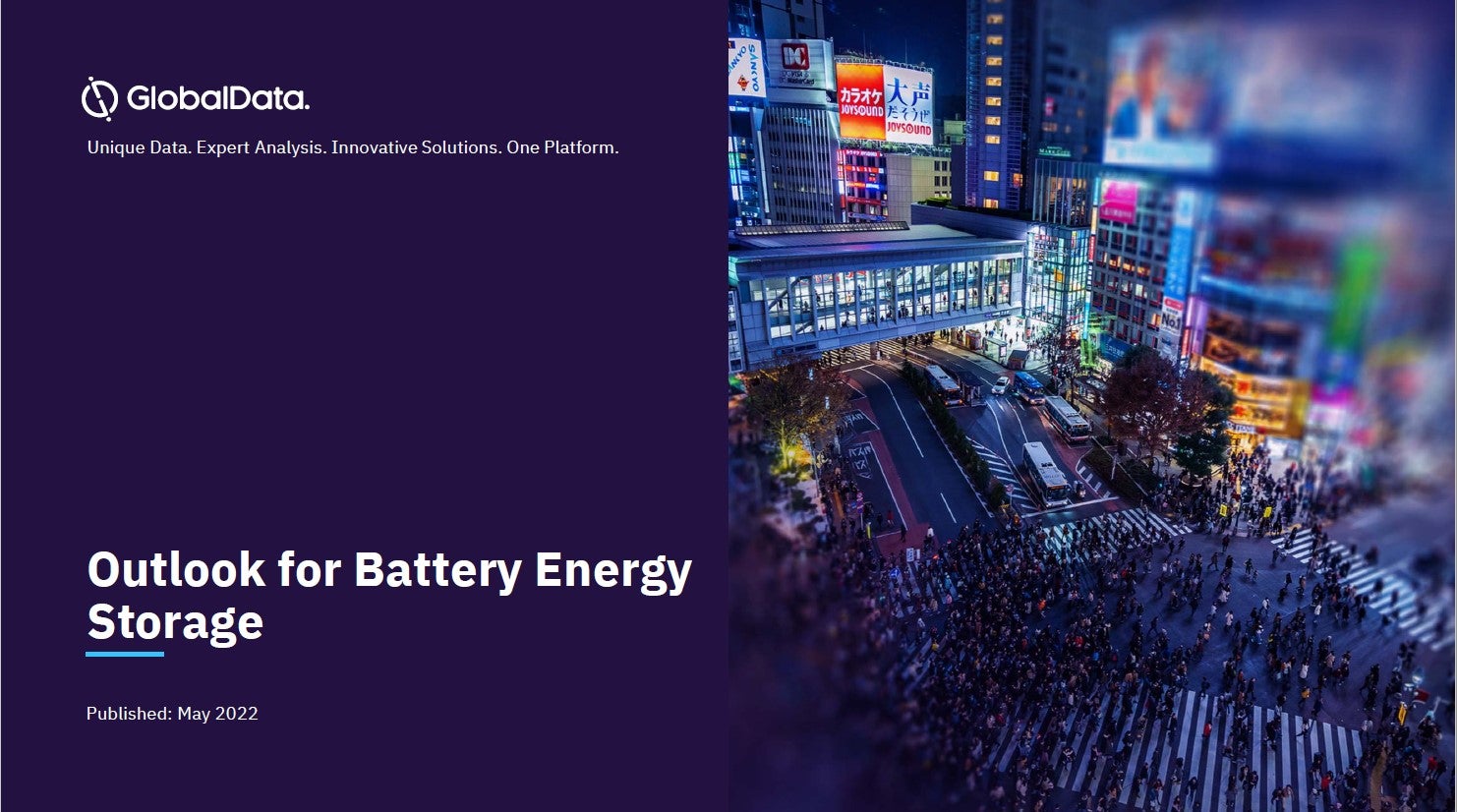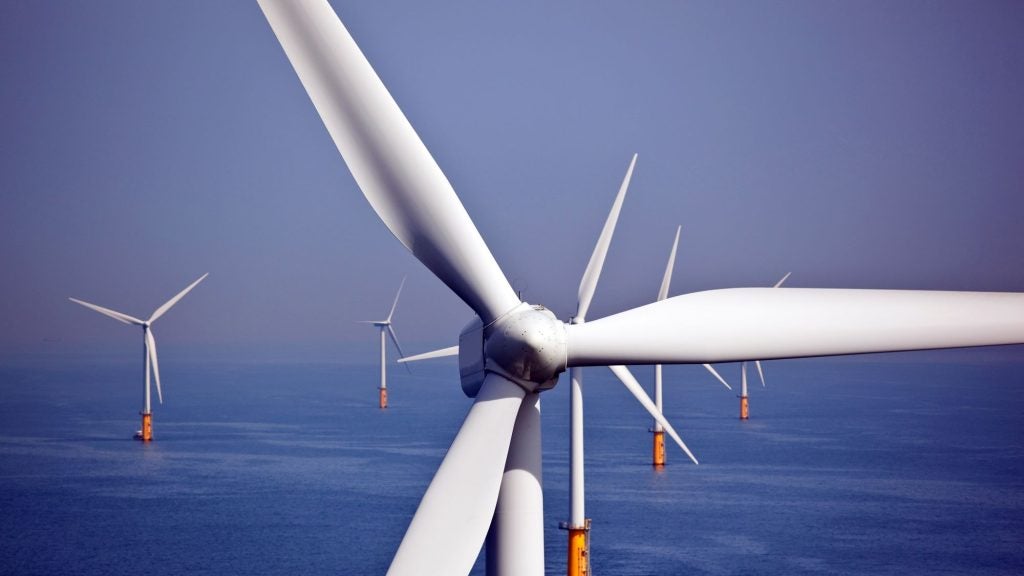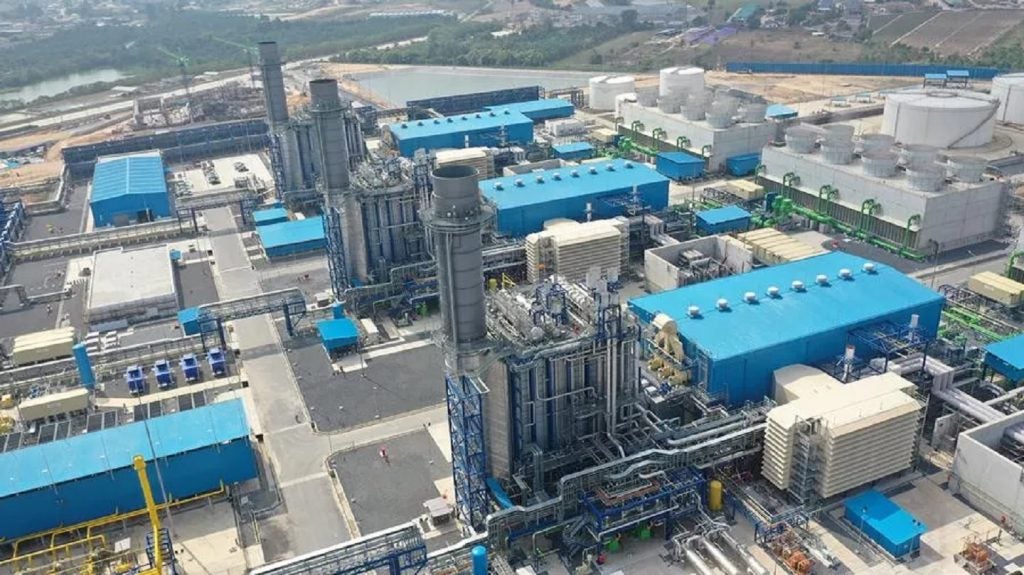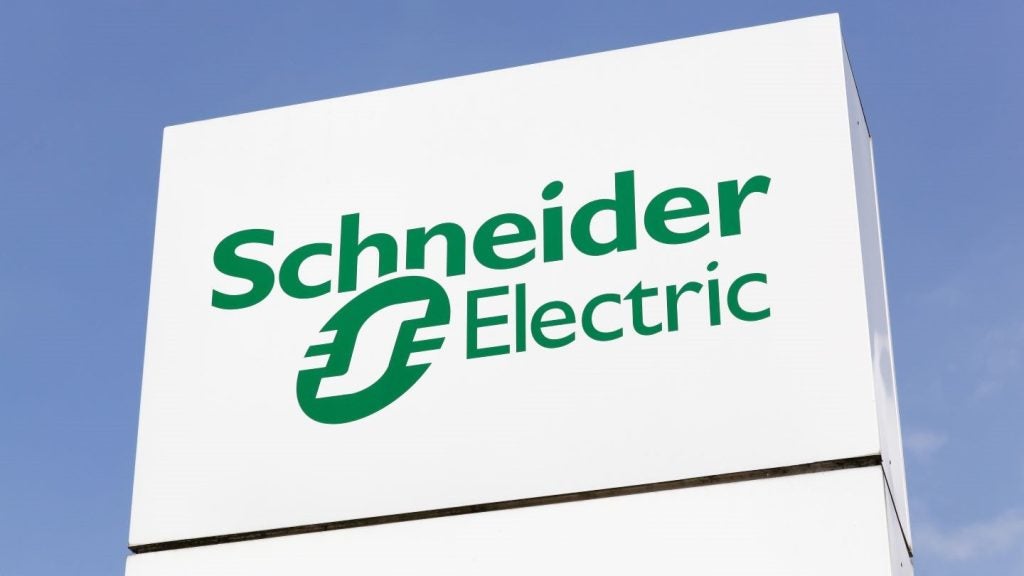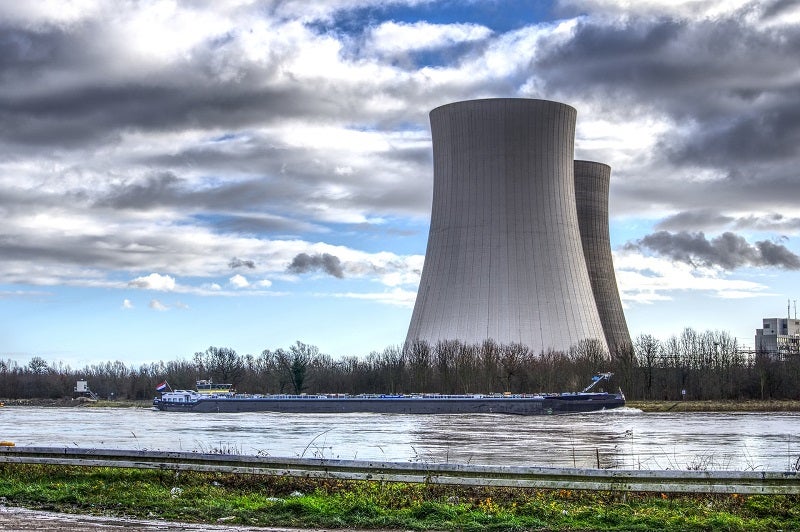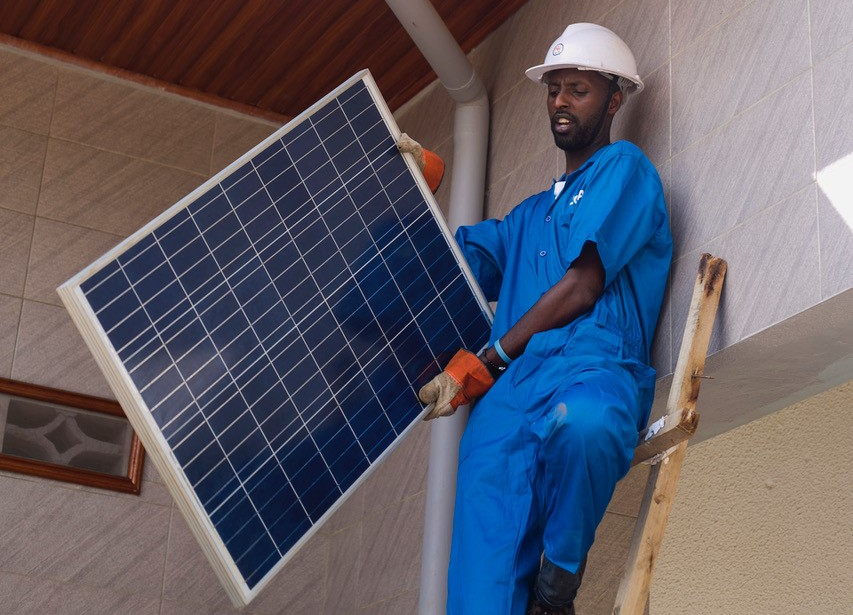
While African economies develop, diesel generators and micro-grids are propping up unreliable grids across some of the world’s most populous nations. Since 2012, ZOLA Electric has aimed to fix these problems. CEO Bill Lenihan told us how this works on a good day, and how everything has changed since the onset of coronavirus.
Matt Farmer (MF): In your words, how does energy distribution in the countries where you operate differ from conventional grid systems?
Bill Lenihan (BL): What you tend to find in emerging markets, from an energy perspective, is very different from what you find in western countries. The 2.2 billion people that we personally see as our addressable market, about half of them have no grid access whatsoever, and about half of them have a grid, but the grid is highly unreliable.
So in the markets where there’s no grid, people are doing whatever they can do. They use diesel generation, they use inverter systems, which are basically lead-acid batteries and an inverter. They might put solar and create a hybrid inverter system on that. Maybe they burn kerosene, but they’ll just kind of get their energy however they can.
In markets where there is a grid, but the grid is unreliable, what you tend to find are people who find a way to back up that grid. Lagos is a good example of that. In Nigeria, the grid works four to eight hours a day, and people back it up with diesel generators, they back it up with inverter systems, things like that.
MF: These countries are rapidly developing in many ways. Is that something you see in the electricity transmission market?
BL: I wouldn’t say these countries are rapidly developing from an energy access perspective. I joined the company seven to nine years ago and those markets that I described were provisioned the way they were. There was always the promise of the grid coming, but the grid never came.
How well do you really know your competitors?
Access the most comprehensive Company Profiles on the market, powered by GlobalData. Save hours of research. Gain competitive edge.

Thank you!
Your download email will arrive shortly
Not ready to buy yet? Download a free sample
We are confident about the unique quality of our Company Profiles. However, we want you to make the most beneficial decision for your business, so we offer a free sample that you can download by submitting the below form
By GlobalDataNow, slowly, distributed assets and mini-grids have started to penetrate the market. The penetration of alternative sources is still very, very low. I wouldn’t say these markets are developing in aggregate from a macro perspective, I would say they’re rapidly developing from an energy access perspective. I do think that’s changing.
MF: You have different products for off-grid solar supply and more recently for on-grid supply regulation. How do these fit in with the current systems for providing energy?
BL: Our history up to this point is predominantly an off-grid market. Regions that have no grid access whatsoever tend to be rural and semi-urban markets, in Africa, Latin America, southeast Asia. We’ve got a million customers in Africa now that we provision a kind of rural, off-grid system to. This system [the ZOLA Flex] is a standalone system; it’s a lithium ion battery, a solar panel, it’s a pay-as-you-go system.
So that market has developed reasonably well. Not just for ZOLA Electric, but for the broader industry. But market penetration is still pretty low. So there’s a billion, two billion people have no grid access across the globe. I don’t know what the overall market penetration of systems like Flex is, but it’s going to be less than 10%, for sure.
MF: Does that make systems like Flex an easy sell in these areas?
BL: I would say, in that market, like a lot of these markets, there’s a good product/market fit.
There’s no primary power in these markets, and there’s been no technology up to this point to build primary power for these markets. The grid has failed in that regard. So that’s what we developed in [ZOLA’s other system] Infinity. Infinity is different to these other systems, because it connects to the generator, connects to the grid, it connects to solar, and through its technology, it pulls the cheapest, most reliable form of energy at any given time. It acts as the primary power source.
MF: How has that provisioning and development in Africa changed since the outbreak of Covid-19?
BL: Boy, I’ll tell you, everything has changed in the last three to four months. This was a business where we were installing thousands of systems a month in late last year. Then as this wave of Covid started in Asia, it hit our supply chain, and then began in earnest in Africa, and hit our on-the-ground operations.
It’s been this constant battle… A country will shut down, like Rwanda, we’ll have to go talk to the government and say we’re an essential service. Pretty obvious, you know, we’re delivering energy to their citizens. Then we get essential service status and then we’ve got to figure out how to operate in this environment where people are scared. Police officers who are out on patrol to ensure people aren’t on the streets need to know that it’s okay for our people to be on the streets. Our own people are fearful they have to work in a more distributed fashion, they can’t come into the office or our call centres.

You know, it’s like hand-to-hand combat, depending on what country you’re in. Because that’s the way: it shuts down, it slowly opens up, it might shut down again. And we’ve got to figure out a way to talk to our customers, understand what their needs are…
It’s been an incredible experience because when everything in West Africa shut down, our business, as you might imagine, shut down with it. We sell direct to customers, we’re in the villages, we knock on people’s doors, we meet them, we understand what their energy environment is, and we look to solve it. Well, that’s impossible to do with social distancing and governments shutting things down. So our business went from thousands of installations a month in East Africa to very little a month. Then people started to settle down and the experience now is pretty incredible.
The demand for our systems in the last three to four weeks has been greater than it’s been, ever. I haven’t figured it out yet: is this pent up demand? Because the first quarter and early second quarter, there was no demand. Or is there something else going on here? And this is what I believe is a wake-up call, in my opinion, to how important reliable energy is.
MF: Has ZOLA Electric changed its sales and operations to work around Covid-19?
BL: We’ve got a new portfolio product, we call them our “Work from Home, Live from Home” products. It’s a system that will power a router, a light, a laptop, and it’ll allow people such as call centre workers to go home and do their job. Those systems are being sold, not only direct to people, but they’re being sold to companies throughout Africa. We started that program about a month and a half ago.

We’re also selling to clinics, to food distribution centres and a whole range of places that help fight Covid. We’ve done a tremendous job as a company to bring in institutional capital… But institutional capital is not really built for a crisis like this. We need capital to grow.
MF: Are you prepared for the coronavirus to be a factor in how you do business in the long-term?
BL: Yes, the answer is a definitive yes. I think these markets are going to be fighting Covid until there’s a vaccine, and I don’t see that happening anytime soon. We’re going to be fighting all the implications of it. So to your point in the next two, three, six months, I see our job being much more difficult; but also beneficial to the battle. I don’t see things slowing down at all. I see them actually accelerating.

